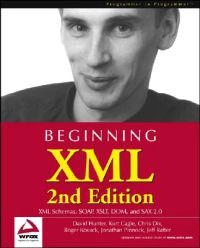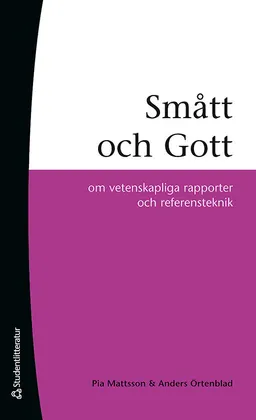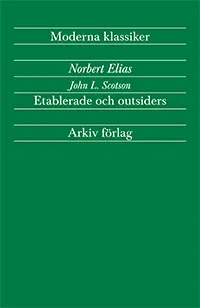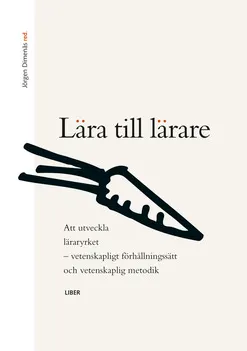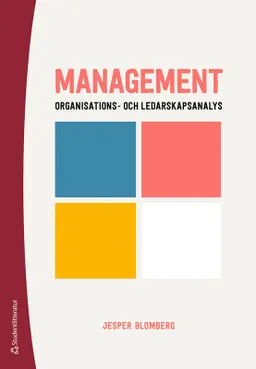Extensible Markup Language (XML) is a rapidly maturing technology with powerful real-world applications, particularly for the management, display, and transport of data. Together with its many related technologies, it has become the standard for data and document delivery on the Web.
This book teaches you all you need to know about XML - what it is, how it works, what technologies surround it, and how it can best be used in a variety of situations, from simple data transfer to using XML in your web pages. It builds on the strengths of the first edition, and provides new material to reflect the changes in the XML landscape - notably SOAP and Web Services, and the publication of the XML Schemas Recommendation by the W3C.
Who is this book for?
Beginning XML, 2nd Edition is for any developer who is interested in learning to use XML in web, e-commerce, or data storage applications. Some knowledge of mark up, scripting, and/or object oriented programming languages is advantageous, but not essential, as the basis of these techniques is explained as required.
What does this book cover?
* XML syntax and writing well-formed XML
* Using XML Namespaces
* Transforming XML into other formats with XSLT
* XPath and XPointer for locating specific XML data
* XML validation using DTDs and XML Schemas
* Manipulating XML documents with the DOM and SAX 2.0
* SOAP and Web Services
* Displaying XML using CSS and XSL
* Incorporating XML into traditional databases and n-tier architectures
* XLink for linking XML and non-XML resources
Åtkomstkoder och digitalt tilläggsmaterial garanteras inte med begagnade böcker
